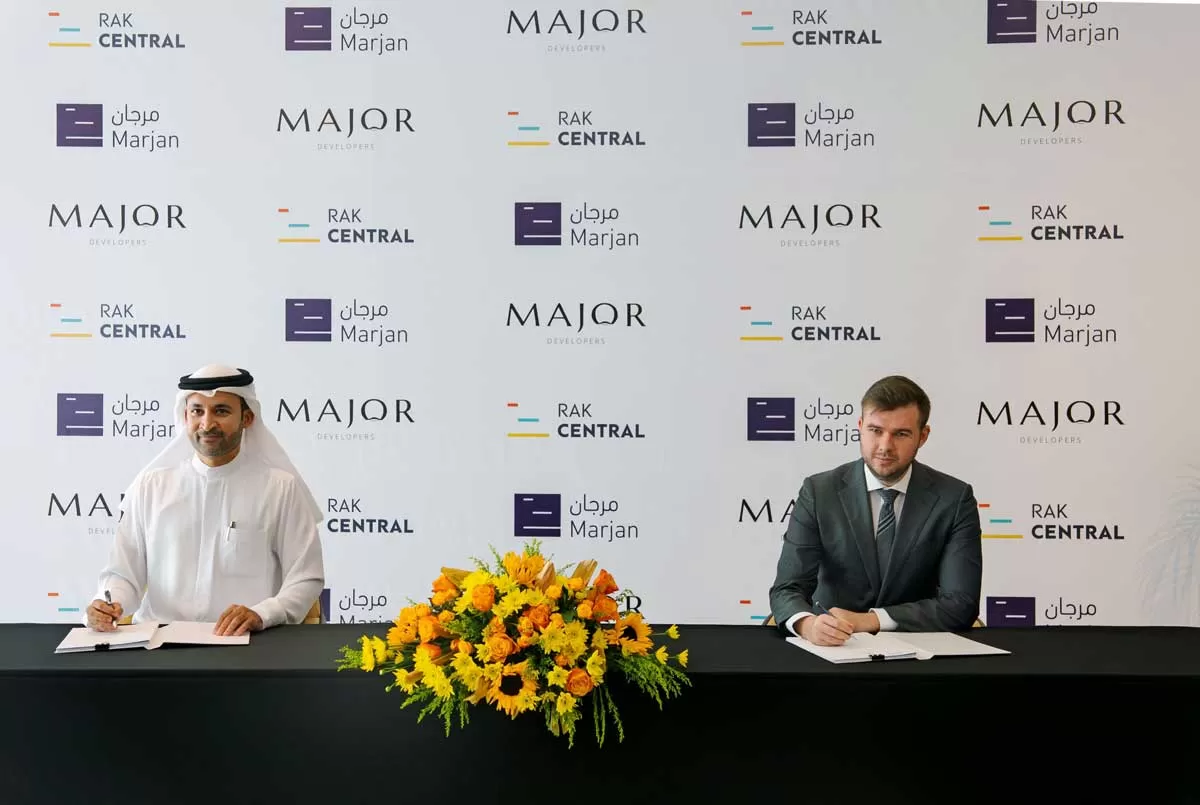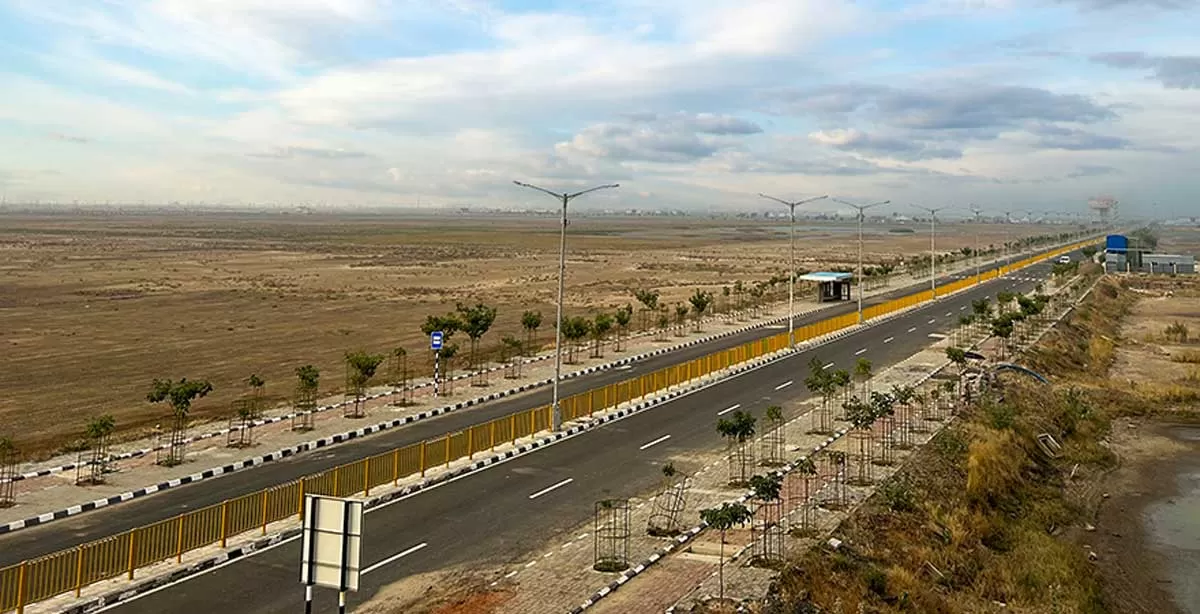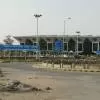
Autodesk Appoints Kamolika Gupta Peres as VP, India & SAARC
Autodesk announced the appointment of Kamolika Gupta Peres as vice president, Autodesk India and SAARC business, effective June 2025. In her new role, she will lead Autodesk’s growth and scaling efforts in India and SAARC, strengthen the company’s customer and partner ecosystem, and further deepen Autodesk’s position as a trusted transformation partner in the region.Known for her agile, empathetic leadership and passion for bold, future-focused transformation, Kamolika brings a people-first approach that inspires clarity, ownership, and high performance across teams. As the leader of Ind..

Major Developers Expands into RAK Central
Major Developers announced the acquisition of a prime land parcel in RAK Central, Ras Al Khaimah’s new commercial and administrative hub. The move marks a significant milestone in the company’s expansion strategy and underscores its commitment to supporting the emirate’s infrastructure-driven ambitions under RAK Vision 2030, Ras Al Khaimah's strategic framework to achieve sustainable, diversified, and globally competitive growth. “With RAK Central, we’ve created a mega-development that is structurally aligned with regional growth, global investment patterns, and natio..

Garg Realty to Invest Rs 4 Bn in Dholera for Land Aggregation Projects
Garg Realty Group, a leading real estate builder and developer based in Gurgaon, has announced an investment of over Rs 4 billion for projects in Dholera, Gujarat, over the next 3 years. The company has already invested in 20–22 acres of land in the region and, with this new capital, plans to acquire additional land to cater to Dholera’s rising demand for industrial, commercial, and residential infrastructure. The investment is backed by a mix of internal accruals and financial partnerships, reflecting the long-term commitment to the development of India’s first greenfield smart city.&nb..


















